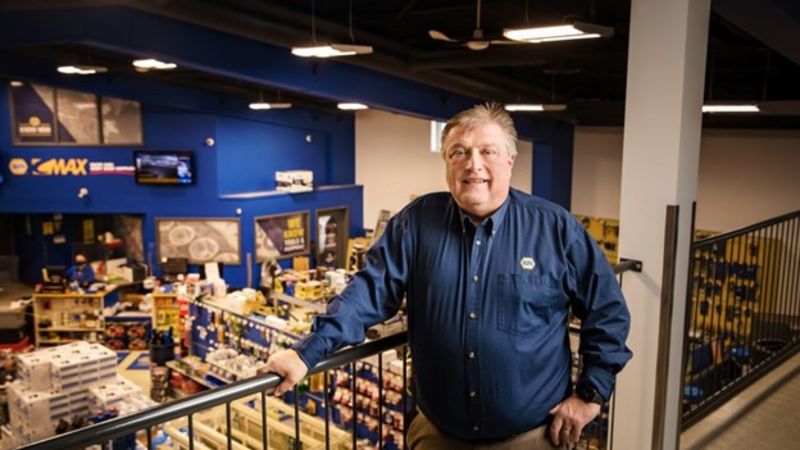
COVID vaccine approved for young children: parents and school officials react
Amanda Morin has three children between the ages of five and nine years old, and despite Friday’s announcement from Health Canada that the Pfizer vaccine has been approved for children between the ages of five and 11 years old, she won’t be rushing her kids out the door to get it.
“I think the vaccine isn’t proven or hasn’t been studied long enough for long term effects,” Morin said. “I am fully vaccinated myself. I’m just worried about them and how they react to it.”
According to a clinical trial, the immune response in children between the ages of five and 11 was comparable to the response seen in people 16 to 25. The vaccine was found to be 90.7 per cent effective at preventing COVID in children aged five to 11 and there weren’t any side effects identified. AJ Stone has four kids, including twins that are nine, and she too expressed hesitancy.
“Even in Saskatchewan we have had three people under 19 pass away from COVID. It isn’t spreading and killing our kids but the long term side effects of vaccine have not been explored.”



